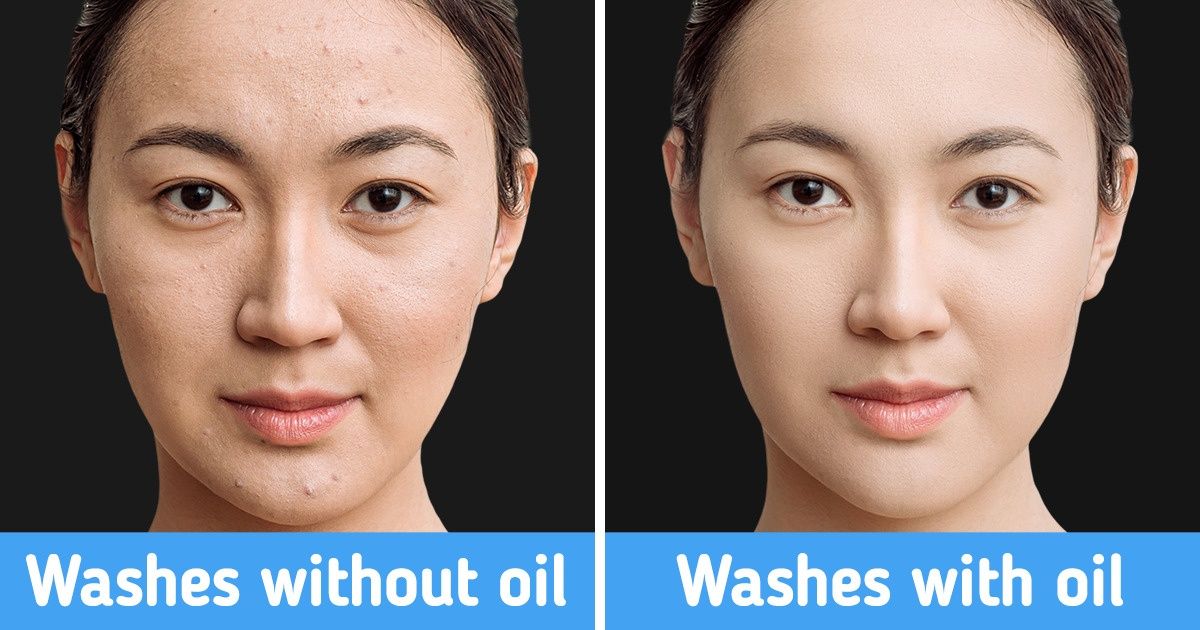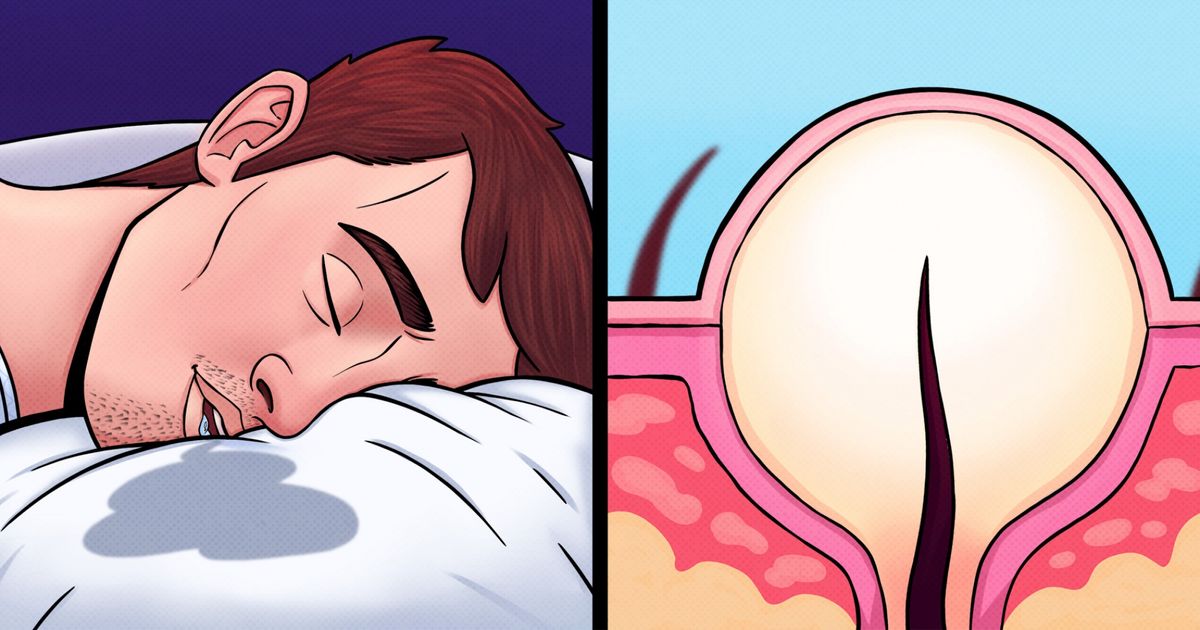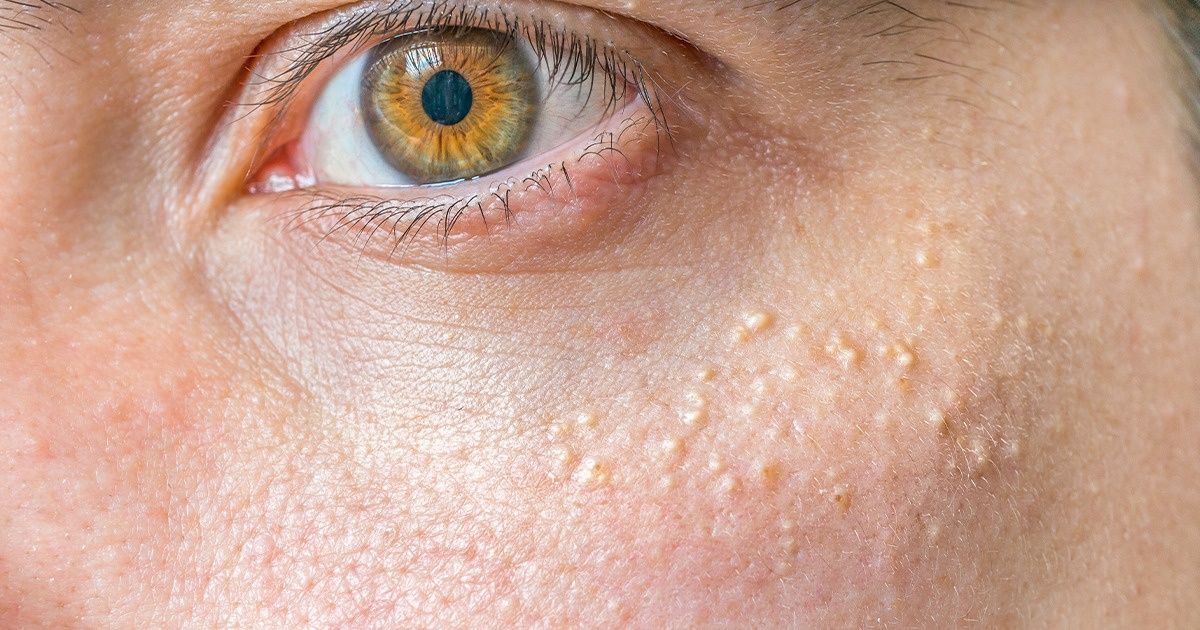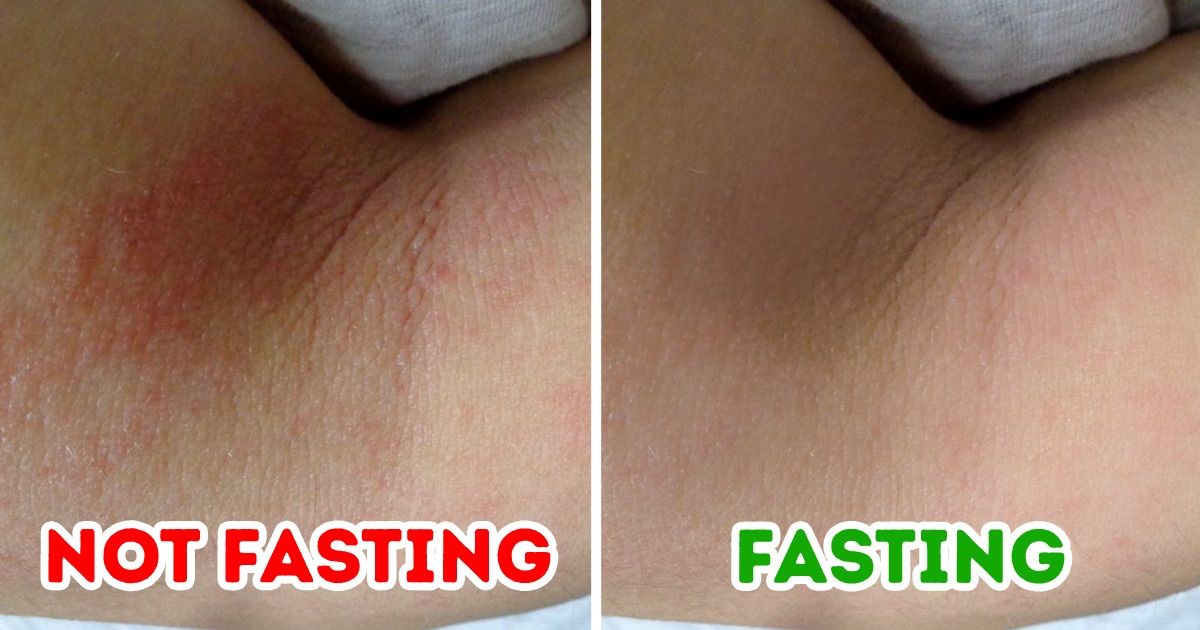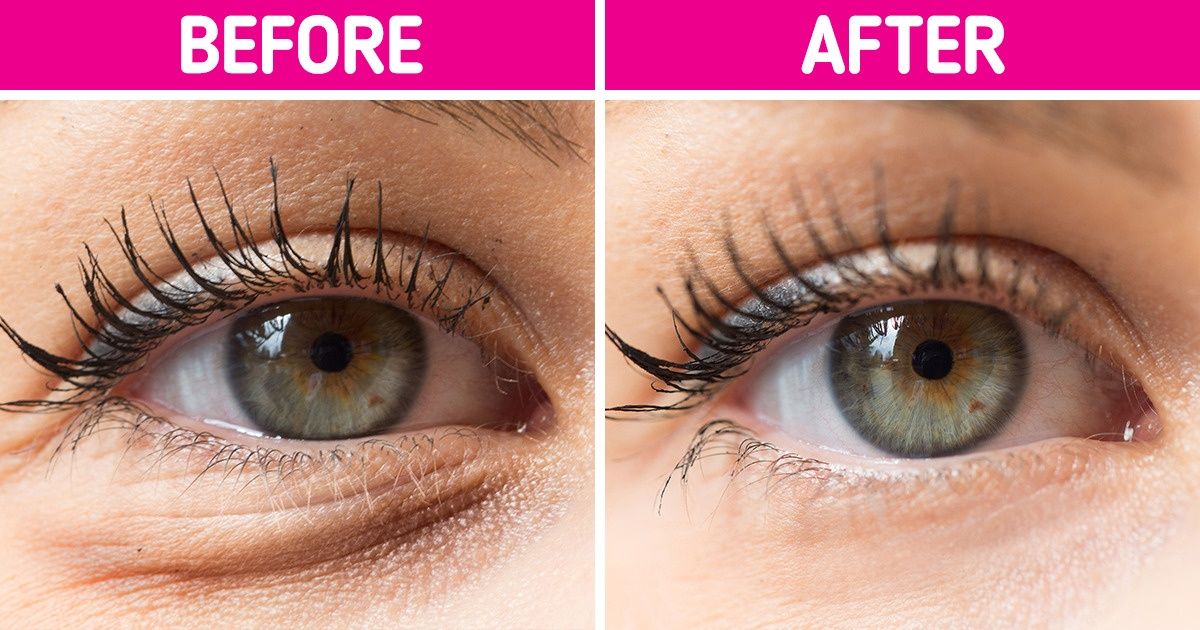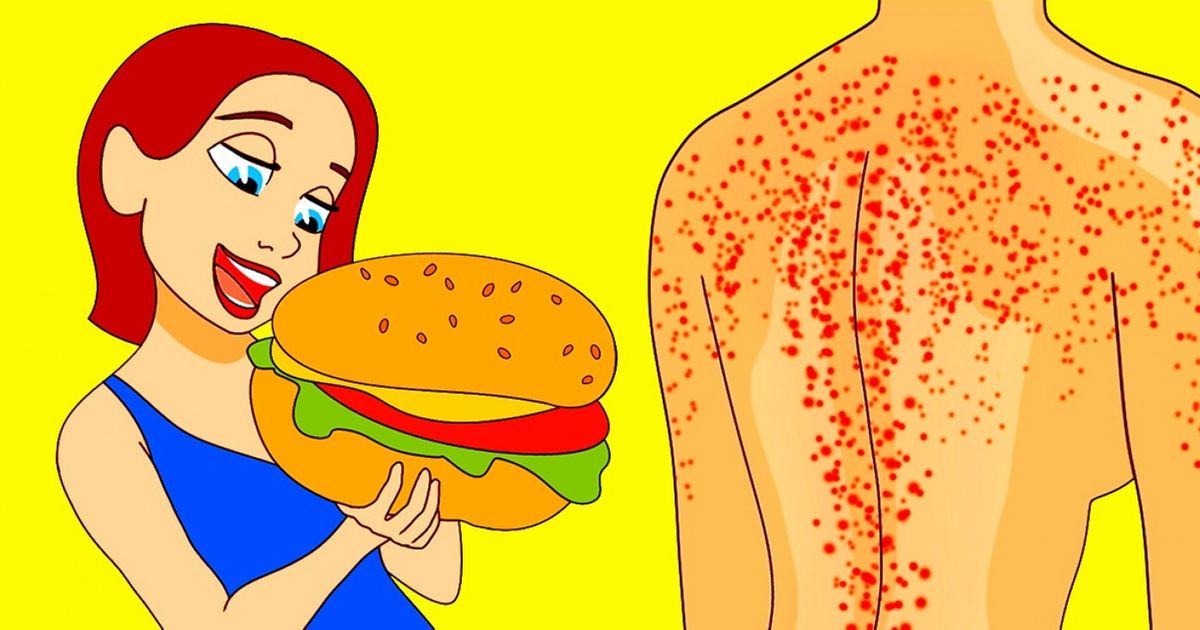Acne affects approximately 90% of adolescents. Severely inflamed acne can leave scars behind. Acne scars cause a lot of psychological distress, especially in adolescents. But it is important to remember that the scars are normal.
In this article, we will talk about some home remedies that can help relieve the appearance of acne scars and pimple marks. These remedies may not work on all skin types. Therefore, consult a skincare specialist before exploring these options.
Acne Scars Vs. Pimple Marks

Acne scars are usually itchy and almost never heal completely. Pimple marks are small dark flattened spots caused by post-inflammatory hyperpigmentation that may disappear in a few weeks alone. Choosing or busting a grain can increase the chances of grain marks. However, they do not cause long-term damage to your skin. On the other hand, acne scars take a long time to heal and are difficult to remove completely.
Note: Some acne scars are caused by inflammation and require medical treatment. They cannot be treated with home remedies. Consult a dermatologist to find out if this is the case with your acne scars.
Home Remedies For Acne Scars And Pimple Marks
#1. Orange Peel Powder
A study was conducted in Japan to study the effect of orange peel extracts on melanogenesis, a complex process that involves the formation of melanin. It was discovered that the extract could help suppress melanogenesis. Therefore, orange peel can help remove acne spots and blemishes.
You will need to
- 1 teaspoon honey
- 1 teaspoon of orange peel powder
What you have to do
- Mix the honey powder and the orange peel to make a thick paste.
- Apply the paste to areas with scars and acne pimples.
- Wash after drying.
How often should you do this?
- Do this 3-4 times a week.
#2. Coconut Oil

Research Conduct to study the potential benefits of vegetable oils on the skin shows that coconut oil has antibacterial properties that can help reduce acne.
You will need to
- 1 teaspoon coconut oil (VCO)
What you have to do
- Heat the virgin coconut oil by rubbing it between your palms.
- Apply to acne scars and leave on until the next morning.
How often should you do this?
- Do this every night before bedtime.
Note: Do not try this remedy if you have oily skin since coconut oil can clog pores and make acne worse.
#3. Tea Tree Oil
Tea tree oil can reduce lesions and acne on scales. Its antimicrobial properties can help reduce the appearance of pimples. However, there is no evidence to show that it relieves acne scars and pimple marks. Since topical tea tree oil is considered safe for most people, you can try this remedy.
You will need to
- 2-3 drops of tea tree essential oil
- A carrier oil
What you have to do
- Mix a few drops of tea tree oil with a carrier oil of your choice.
- Apply this mixture to the scars.
- Leave it for an hour before washing it.
How often should you do this?
- Repeat once a day until the scars disappear.
Note: Perform a correction test before trying this remedy, as tea tree oil can cause skin irritation.
#4. Aloe Vera Gel

It has also been discovered that a mixture of aloe vera, tea tree oil, and propolis reduces acne scars and pimple marks.
Aloe vera can reduce acne scars, reduce hyperpigmentation and act as an immunity stimulator and an anti-inflammatory agent.
You will need to
- 1 teaspoon of aloe vera gel
What you have to do
- Remove a tablespoon of gel from the aloe vera leaves.
- Apply on scars and spots.
- Leave all night.
How often should you do this?
- You can do this every night before bedtime.
#5. Lemon Juice

Lemon juice contains vitamin C that has antipigmentary properties (8). Therefore, acne scars, imperfections, and pimple marks may disappear over time.
You will need to
- ½ lemon
- Cotton pad
What you have to do
- Squeeze the juice of half a lemon and pass a cotton swab in the juice.
- Apply to affected areas.
- Rinse well after 10 minutes.
How often should you do this?
- You can do this 3-4 times a week.
Note: If you have sensitive skin, do not try this remedy, as it can cause redness and irritation. Do a patch test before the medication and apply sunscreen afterward, as lemon juice can make your skin photosensitive.
#6. Green Tea

Green tea contains polyphenols, which have antimicrobial and anti-inflammatory properties that help in the prevention and treatment of acne. Green tea also helps reduce scars and grain marks with its anti-inflammatory and antioxidant properties.
You will need to
- 1 green tea bag
- Honey
What you have to do
- Make a mask by mixing wet green tea leaves with honey.
- Apply the packaging over its entire surface and leave on for 15 minutes.
- Rinse thoroughly with running water.
How often should you do this?
- Do this 1-2 times a week.
#7. Turmeric

Turmeric is one of the oldest and most used spices for skin remedies. Studies show that topical application of turmeric has shown an improvement in skin conditions such as acne, psoriasis, and alopecia.
It also contains curcumin, which is an effective skin lightening agent. Therefore, acne scars and pimple marks may disappear. However, current studies are limited and further research is essential to better understand how this can help reduce acne scars and pimple marks.
You will need to
- One teaspoon of turmeric powder
- 1 lemon
What you have to do
- Squeeze the lemon juice into a bowl and mix with the turmeric powder.
- Gently apply this mixture on your face and other affected areas.
- Leave on for about 15 minutes before washing.
How often should you do this?
- You can do this once every alternate day.
Note: If you have sensitive skin, do not try this remedy, as it can cause redness and irritation. Perform a patch test before medication and then apply sunscreen.
#8. Potato Juice
A study published in the Journal of Medicinal Plants Studies states that the potassium, sulfur, phosphorus, and chloride found in potatoes are useful in the treatment of acne and pimple imperfections. Potato also contains azelaic acid that can reduce hyperpigmentation caused by mild to moderate acne and outbreaks.
You will need to
- 2 tablespoons potato juice
What you have to do
- Crush a raw potato to extract its juice.
- Dip a cotton ball with this juice and apply on areas with acne scars.
- Leave it for 10 minutes and wash it.
How often should you do this?
- You can apply this juice 2-3 times a week.
How To Prevent Acne Scars And Pimples
Acne and pimples occur quite frequently, but you can always make sure they don’t leave scars on your face. Some tips that can help prevent scars include:
- Wash your face with a non-comedogenic soap twice a day.
- Always take off your face makeup before bedtime.
- Do not choose acne or stretch pimples.
- Apply sunscreen before going out in the sun.
- Follow a balanced diet and avoid foods that can cause breakouts.
What Are Reasons for Acne Scars
Acne can be classified into two subtypes: non-inflammatory and inflammatory.
Whiteheads and blackheads generally fall under the non-inflammatory subtype. Papules, pustules, nodules, and cysts are inflammatory types of acne.
Among these types, it is inflammatory acne that tends to leave scars and marks.
Swollen acne spots occur when pores swell due to excess oil, dead cells, and bacteria that clog them. This leads to swelling of the pores, which causes the follicular walls to expand and break.
If this break occurs near the surface of the skin, the resulting acne lesion is usually minor and heals quickly. However, if the follicle rupture is deep, the lesion will be more serious and the infected material can seep into the dermis (the second layer of the skin) and destroy healthy skin tissues.
Acne scars are divided into different types.
Types of Acne Scars
The most common types of acne scars are:
- Ice pick scars: narrow, deep and itchy scars
- Rolling scars: wide and depressed scars with sloping edges
- Boxcar scars: wide scars with sharp edges
- Atrophic scars: flat, thin and depressed scars.
- Hypertrophic scars: irregular and thick scars.
Regardless of the type of acne scars, the previously shared remedies can help control and reduce the appearance of acne. However, in some cases, you may need more long-term treatment, since acne may be a sign of other underlying conditions. In such cases, you should consult your dermatologist immediately.
When using natural remedies to treat acne scars, you should be patient, as it may take weeks to show results. It is also important to remember that some medications may not work for you because of your skin type or an underlying medical condition that is causing your acne. You are less likely to have acne scars if you have less acne. Therefore, it is recommended that you consult a doctor to find out as much as possible about your acne and how to treat it.


